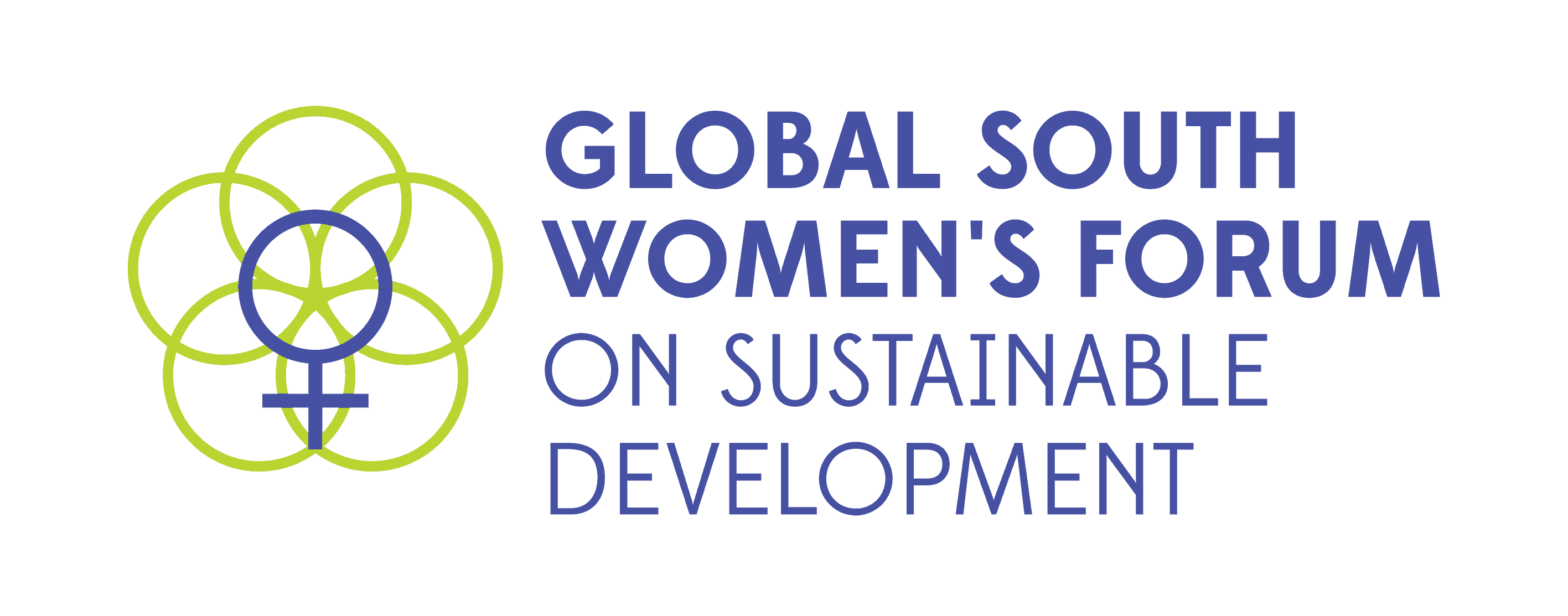Disrupting Macroeconomics
We are nearing the end of an unprecedented year – marked by multiple and overlapping moments of global reckoning over health and social protection, climate breakdown, and economic, racial and gender inequality. Calls for transformative action, justice, and reparations are growing – but so are efforts to maintain a status quo that advances inequality and threatens the rights of women, marginalised people, and the planet. Global emergencies are used by governments and other powerful actors to justify restrictive or oppressive policies, stoke divisions within and between our communities, clamp down on civic space, and further entrench neoliberalism and inequality through narratives of fear, crisis, and sacrifice. Macroeconomic policy plays an important role in maintaining, deepening, or alleviating these divisions and inequalities. It can serve as a tool for the advancement and protection of fundamental rights and freedoms, or can exacerbate existing inequalities along intersecting lines of class and identity, including gender. Yet, this role is sometimes hard to see. The connection to feminist and women’s rights movements is hidden behind technical language and closed-door processes that weaken accountability and democratic participation.
This has not stopped feminists, especially those from the Global South, from sounding the alarm on these issues for decades. They have shown that macroeconomic policy decisions impact every aspect of women’s lives – from how governments raise money, to how they spend it, and how they invest for future generations. These choices directly impact the provision of public services and strength of healthcare systems. They shape the kind and quality of work that is available to women, our relationship to the natural environment, and power relations within and among States. And, as the COVID-19 pandemic has made starkly clear, understanding and influencing how these decisions are made is directly tied to the well-being of women and promotion of gender equality.
A crucial aspect of that process is recognising that these decisions are experienced differently by different groups of women. Policy choices that exclude or ignore the voices of women whose identities and communities are criminalised, marginalised, and disenfranchised by the current global economic order will, at minimum, replicate existing power dynamics and the experiences of discrimination that are associated within those dynamics. Those facing multiple forms of discrimination will likewise be ‘multiply burdened’ by policy choices that, through ideology or wilful ignorance, reject the transformative action required to eradicate global inequality.
‘Disrupting macroeconomics’ means shining a light on these connections, reclaiming policy spaces at all levels, and demanding that the global economy be redesigned to advance gender equality, human rights, and international solidarity. It means disrupting to rebuild in a transformative and visionary way, not simply ‘fixing’ or ‘adjusting’ existing structures and systems. We must ask, what policies fall under macroeconomics and how do they relate to feminist demands? What strategies or narratives are used to hide the connection between these policies and women’s human rights? What is the role of the State, business actors, and financial and development institutions at all levels? When policy choices are made, who are they benefiting? Are they reinforcing or deepening existing inequalities? Can they be designed in a way that benefits people and the planet over profit? Are the decisions being made in a way that is transparent, accountable, and democratic?
The answers to these questions lie in collective organising and action across feminist and other justice-oriented movements. They require knowledge exchange, debate, strategising, and joyful celebration of our strength, resilience, and gains. We see powerful examples of this already happening around the world – women’s and environmental rights groups in Nigeria joining to fight against the privatisation of water, hospital cleaners in Malaysia calling for the protection of workers’ rights amid a pandemic, and the English Collective of Prostitutes supporting a global campaign for care income (to name a few).
This is why IWRAW Asia Pacific is delighted to co-create and host this year’s Global South Women’s Forum on Sustainable Development (GSWF 2020) as an online space for learning, strategising and celebrating feminist visions for economic justice.
Finally, we are also pleased to share our graphic report for the GSWF 2020: Disrupting Macroeconomics, which can be downloaded here. This graphic report by Sonaksha Iyengar beautifully captures the forum’s complexities as a space to centre Global South women’s struggles, share their experiences and collectively craft strategies for achieving a re-imagined feminist new normal.
